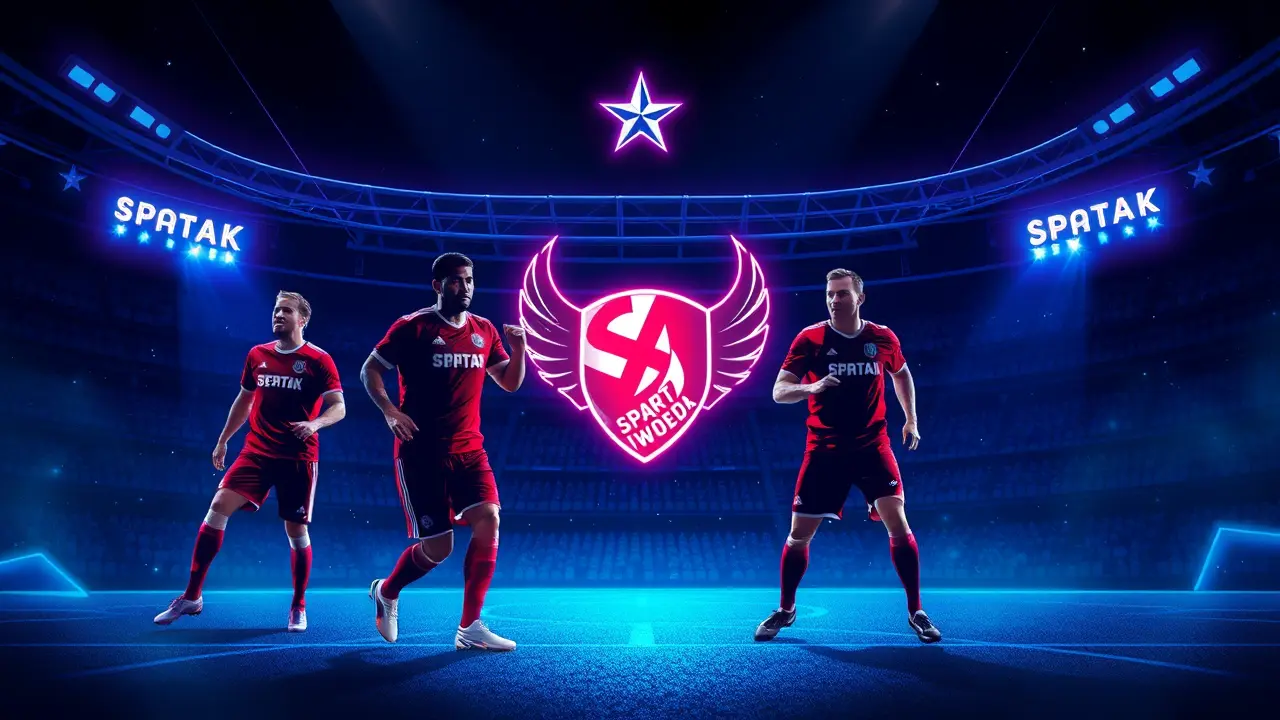Dmitry Alenichev: Spartak Could Lose Status as People's Team.
The existential threat facing Spartak Moscow—potentially losing its cherished status as Russia's 'people's team'—isn't just another sports headline; it's a seismic shift in the nation's footballing soul, a crisis of identity and legacy that echoes the kind of dynastic changes we've seen when Barcelona's La Masia dried up or Manchester United post-Ferguson lost its aura. Dmitry Alenichev, a former Spartak coach and a man whose blood surely runs red-and-white, framed the dilemma with brutal, analytical clarity: if Zenit St.Petersburg secures an eighth championship in a decade, the title of 'narodnaya komanda' will inevitably slip from Spartak's grasp. This isn't mere speculation; it's a statistical probability playing out in real-time.Zenit's dominance, with six titles in the last seven RPL seasons, isn't just a run of good form—it's a systematic overhaul of Russian football's power structure, a methodical campaign built on financial muscle and strategic consistency that mirrors how Bayern Munich has historically suffocated the Bundesliga. The core of Alenichev's warning, however, cuts deeper than the trophy count; it's about the erosion of tradition.Spartak's identity has long been intertwined with its ability to produce homegrown heroes, players who feel like one of their own, a tradition as vital as Barcelona's commitment to tiki-taka or Ajax's devotion to youth development. The current squad's alarming scarcity of academy graduates isn't just a tactical failure; it's a spiritual one, a disconnect from the very community that anoints a team as 'the people's.' This creates a vicious cycle: without local heroes on the pitch, the emotional bond with the stands weakens; without that bond, the club becomes just another corporate entity chasing success, vulnerable to being overtaken by a project like Zenit's, which, for all its success, has never carried that same organic, grassroots fervor. The consequences are profound.Losing this status would mean more than empty seats; it would be a fundamental rewriting of Russian football's cultural map, ceding decades of emotional resonance to a rival whose rise is a testament to modern football's cold, hard economics. For the purists, the analysts, and the historians, this is a battle for the sport's soul in the region—a reminder that while titles can be bought, the title of 'the people's team' must be earned, nurtured, and, as Spartak is discovering, can be tragically lost.
It’s quiet here...Start the conversation by leaving the first comment.
